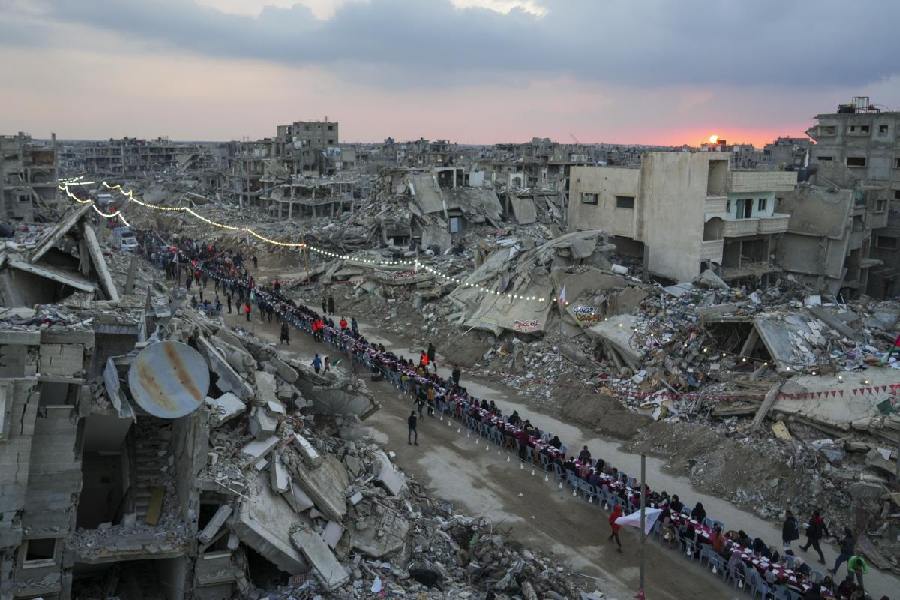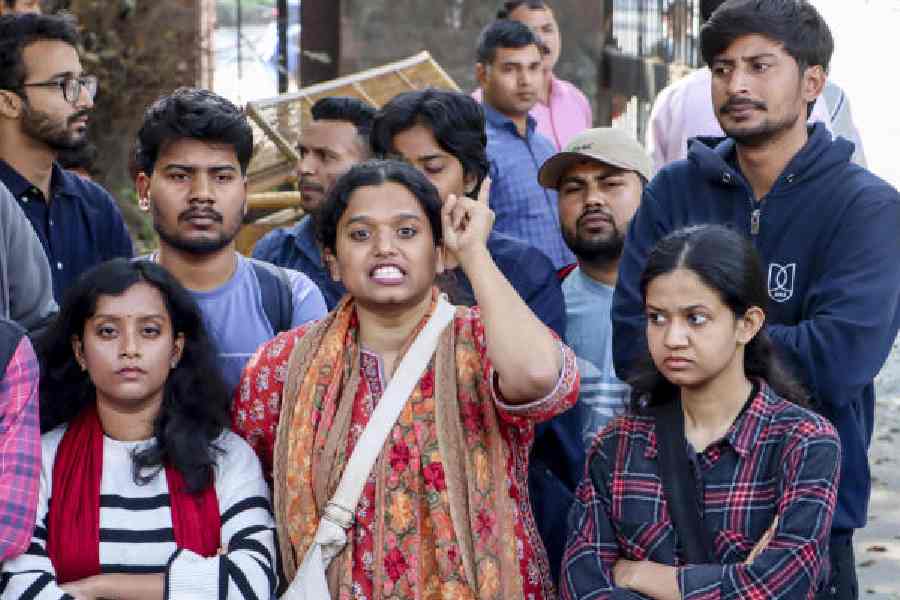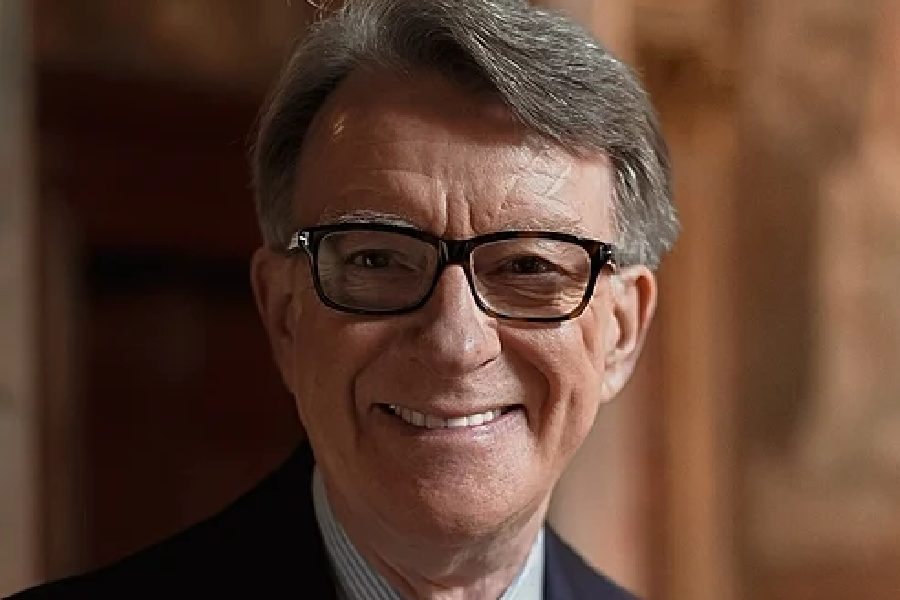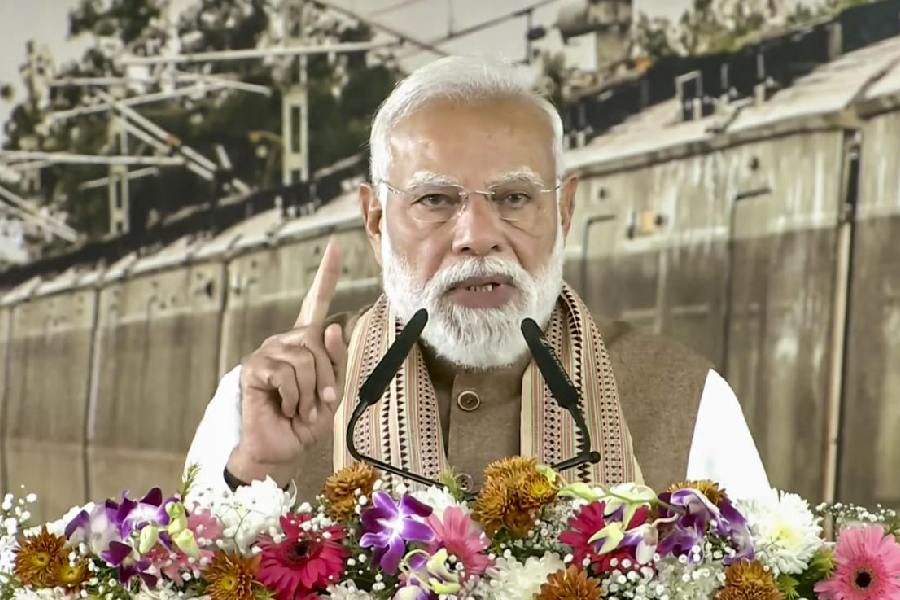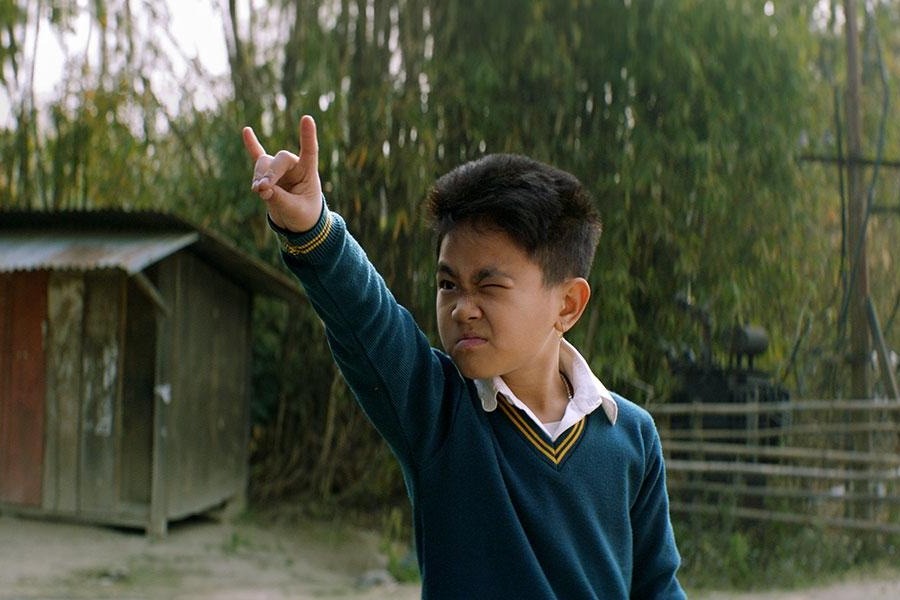With the world experiencing multiple deadly conflicts, from Gaza to Ukraine and from Sudan to the Democratic Republic of Congo, the failure of international organisations, such as the United Nations, and of major world powers to stop the bloodshed has never been more apparent. Recent attempts at striking peace deals, whether in Gaza or Ukraine, appear to be driven more by personal ego and opportunism than by detailed planning or foresight, making them less likely to sustain. As wars and economic chaos, amplified by recent steps taken by Donald Trump, the president of the United States of America, roil the world, a new way forward is urgently needed. Perhaps, as importantly, a new set of leaders is needed to lead the way — women leaders. Historically, and in modern times, women are vastly underrepresented in peace negotiations and in leadership positions across the planet. But UN data show that peace agreements where women have been involved are 35% more likely to last at least 15 years in comparison to deals where they are excluded.
And it is not just data. The Russia-Ukraine war could have exploded as early as 2014, when Moscow’s troops annexed Crimea and tensions over the future of Russian-speaking communities in Eastern Ukraine erupted. Many argue that the war has, in effect, been ongoing since then. But if full-blown conflict had been evaded for eight years until Russia’s invasion of Ukraine in February 2022, the Minsk accords were a key reason. Those agreements among Russia, Ukraine and Europe were mediated and shepherded by the then German chancellor, Angela Merkel, along with the then French president, François Hollande. Amid Israel’s horrific war on Gaza, in which more than 47,000 people were killed before a recent ceasefire came into effect, South Africa’s former foreign minister, Naledi Pandor, emerged as one of the strongest voices in the international community demanding justice. Her team took Israel to the International Court of Justice, where the country is accused of genocidal acts in Gaza.
It is not just armed conflicts. Few leaders have been as effective in dealing with Mr Trump’s trade wars as Mexico’s president, Claudia Sheinbaum. Through cool-headed diplomacy, she has managed to help her country escape the worst effects of
Mr Trump’s tariffs, twice, including this week, when she won a reprieve for most Mexican exports to the US. In the process, she has won rare praise from
Mr Trump. Women are usually among the worst victims of armed conflict and economic crises and, often, as mothers, closely witness the devastating toll wars take on children. So, for them to be more committed to peace and to seek long-term, justice-based solutions is not surprising. Yet, their participation in UN-led peace processes actually dropped in the first two decades of this century. That needs to change. The world needs more women in leadership positions, including in peace negotiations — and especially women from the Global South. Few would know better than them why wars must end.

